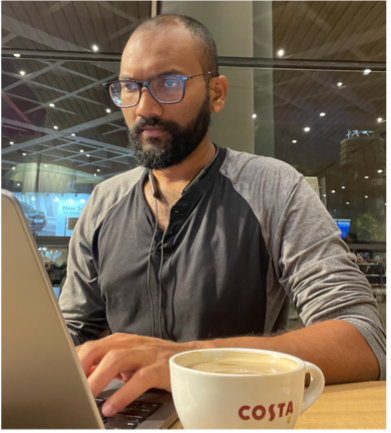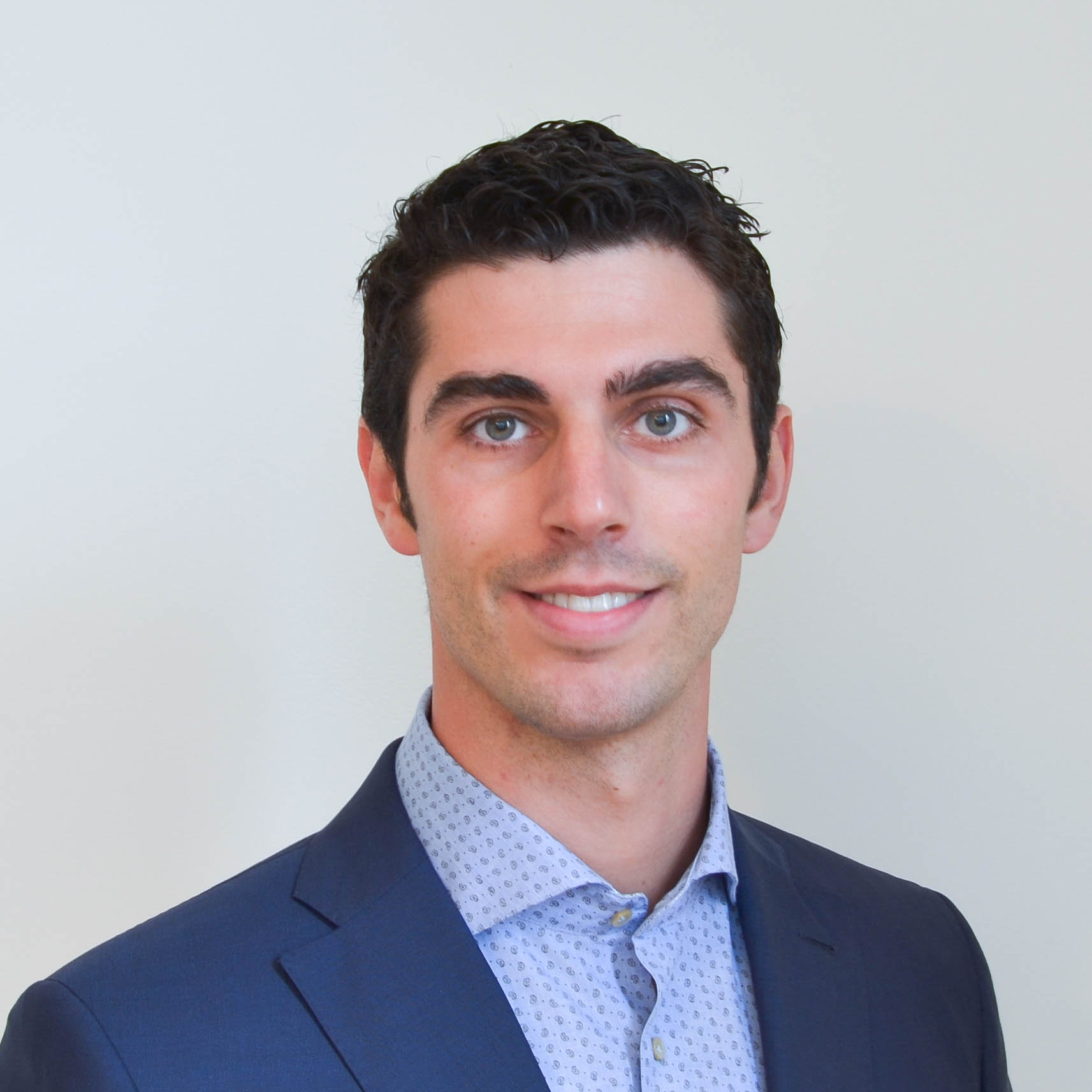Structure Learning in Critical Infrastructure Networks
This is the public website for the graduate summer course on ‘Structure Learning in Critical Infrastructure Networks.’ This course is part of the Graduate School in Systems, Optimization, Control and Networks (SOCN).
Lecturer

Rajasekhar Anguluri
Assistant Professor
University of Maryland, Baltimore County
Email: rajangul(at)umb(dot)edu
Course description
Critical infrastructure networks are important assets in our society. Examples include power, water, transportation, and communication systems. The knowledge of structure (connectivity of nodes in the network) is crucial for implementing real-time decision-making algorithms. However, due to practical limitations, such knowledge is either partially or fully unavailable. Lately, many structure learning methods have been proposed to overcome this limitation. This workshop aims to provide some of the important methodological ideas in an introductory manner. A Detailed list of topics is on the second page.
Key learning outcomes
Basics of modelling infrastructure networks using equilibrium equations.
Basic understating of estimating linear and covariance models with sparsity constraints, and their relevance to infrastructure networks.
Algorithmic techniques such as alternating direction method of multipliers (ADMM) for structure learning problems.
Prerequisites
Basic concepts in Linear Algebra, optimization, and probability.
About the instructor
Rajasekhar Anguluri is an assistant professor in the Department of Computer Science and Electrical Engineering at the University of Maryland, Baltimore County, USA. He holds the Ph.D. degree in Mechanical Engineering, and the master’s degree in Statistics from the University of California, Riverside, USA. He was a 2022-2023 Mistletoe Research fellow. He enjoys taking weird selfies (as shown on the side).
His research centers on systems theory and statistical signal/data processing. He develops interpretable solutions for inference problems (e.g. estimation and security) in cyber-physical networks by making non-interpretable assumptions.
Schedule
The tentative schedule is as follows.
Learning problem in Infrastructure networks (July 3, 9:30-11:00 AM)
Introduction to Graphs and Kirchhoff’s conservation laws
Explicit modeling examples from power and water network systems
Measurementmodelsandpartialobservability
Structure learning framework: linear and covariance models
Sparse estimation: some theory and algorithms (July 4, 9:30-11:30 AM)
Sparse linear regression problem
Sparse inverse covariance estimation problem
ADMM algorithm to solve both estimation problems
Python or MATLAB demonstration/tutorial
Learning structure in sparse infrastructure networks (July 5, 9:30-11:00 AM)
Identifiability conditions including latent variables
Indirect (two-stage) learning method via ADMM
DirectlearningmethodviaADMM
Extensions: differential analysis, stationary time series data.
I will mention a few open problems during the course and provide a lecture- notes before the workshop. These notes contain interesting exercise problems for participants. Senior undergraduate and graduate students with interest in mathematical engineering (e.g., controls, statistical signal processing, network theory, data sciences, and optimization) will benefit from this course.
Resources
Password: SOCN_anguluri
Practical information
Duration: 3 lectures of approximately 2 hours each
When: July 3, 4, 5, 2024 from 9:30 am to 11:30 am
Where: UCLouvain - Euler building (room A.002) Avenue Georges Lemaître, 4 - 1348 Louvain la Neuve
Travel instructions are available here
Course registration
For organizational reasons, registration is mandatory for all attendees.
There is no registration fee for participants from SOCN partners institutions (UAntwerpen, VUB, ULB, UGent, KU Leuven, ULiège, UCLouvain, UMONS, UNamur).
For additional details, please visit this page
Please register here
Organizers

Gianluca Bianchin Assistant professor UC Louvain

Rajasekhar Anguluri Assistant professor University of Maryland